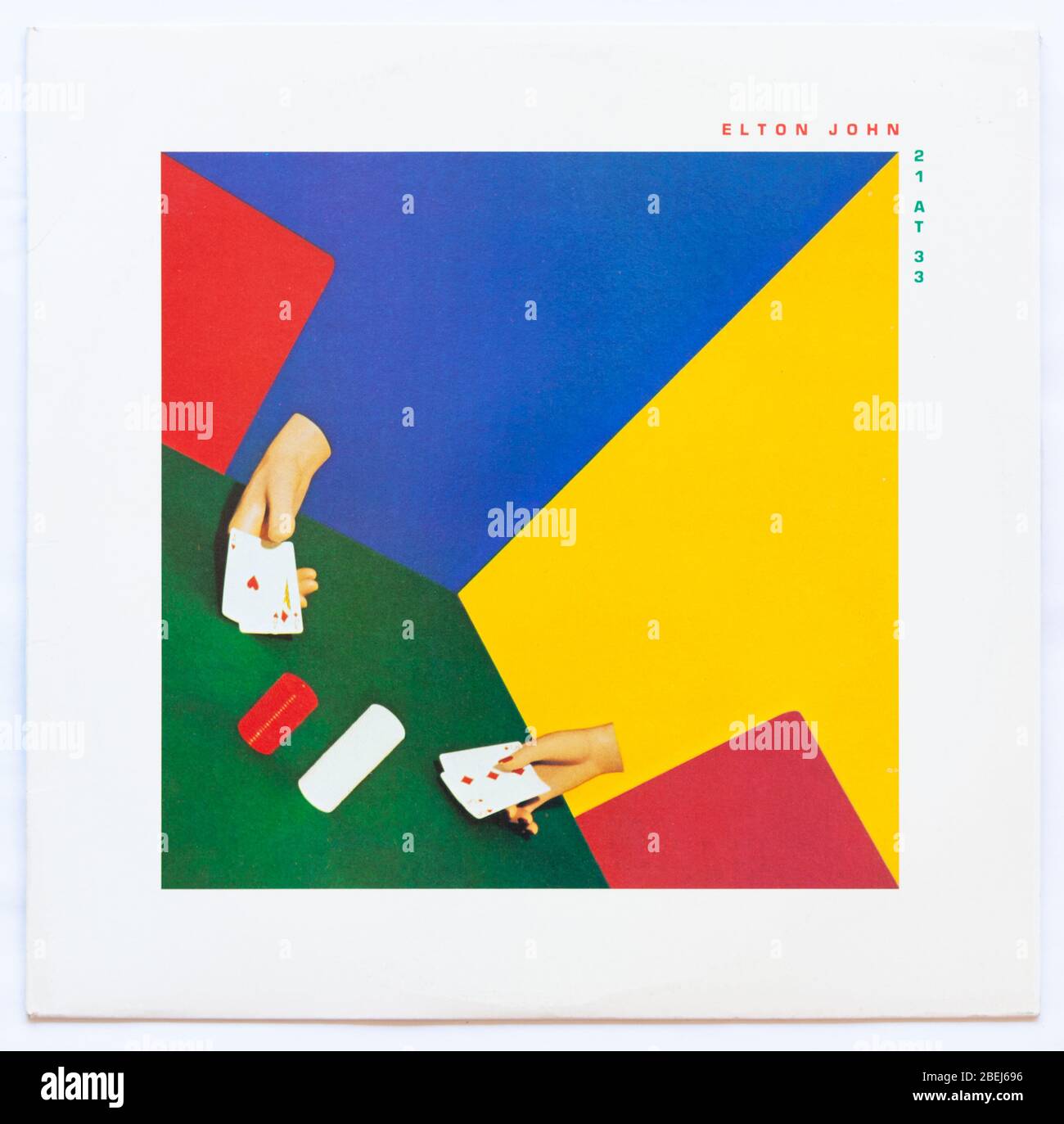

His piano playing is influenced by classical and gospel music. He is a fellow of the British Academy of Songwriters, Composers and Authors (BASCA).His voice was once classed as tenor it is now baritone. In 1992, John was inducted into the Songwriter's Hall of Fame. Taupin would write a set of lyrics, then mail them to John, wherever he was in the world, who would then lay down the music, arrange it, and record. The writing style that Elton John and Bernie Taupin use involves Taupin writing the lyrics on his own, and John then putting them to music, with the two never in the same room during the process. The pair have collaborated on more than 30 albums to date. He is an honorary Life President of the club, and in 2014 had a stand named after him at the club's home stadium.Įlton has worked with lyricist Bernie Taupin as his songwriting partner since 1967 when he answered an advertisement for talent placed in the popular UK music publication, New Musical Express, by Liberty records A&R man Ray Williams. John owned Watford Football Club from 1976 to 1987, and 1997 to 2002. His collaboration with Lipa, Cold Heart (Pnau remix) – a blend of four previous Elton John numbers – was released last month.Sir Elton Hercules John, CBE (born Reginald Kenneth Dwight 25 March 1947), is an English pianist, singer-songwriter, composer and has occasionally acted in films. Ten of the 16 tracks are new original songs. The Lockdown Sessions also enables John to champion a number of up-and-coming singers, including SG Lewis, Rina Sawayama and Jimmie Allen. And it was still a blast.Īlso featured on the album is a version of the Pet Shop Boys hit It’s a Sin made with Years & Years, with whom John performed the song at the 2021 Brit awards, and a cover of Metallica’s Nothing Else Matters with vocals by Miley Cyrus and contributions from Yo-Yo Ma and others, which will also be released as part of a Metallica covers album this month. I’d come full circle: I was a session musician again. Working with different artists during lockdown reminded me of that. At the start of my career, in the late 60s, I worked as a session musician. And I realised there was something weirdly familiar about working like this. But all the tracks I worked on were really interesting and diverse, stuff that was completely different to anything I’m known for, stuff that took me out of my comfort zone into completely new territory. Some of the sessions were recorded under very stringent safety regulations: working with another artist, but separated by glass screens. Some of the recording sessions had to be done remotely, via Zoom, which I’d obviously never done before.


 0 kommentar(er)
0 kommentar(er)
